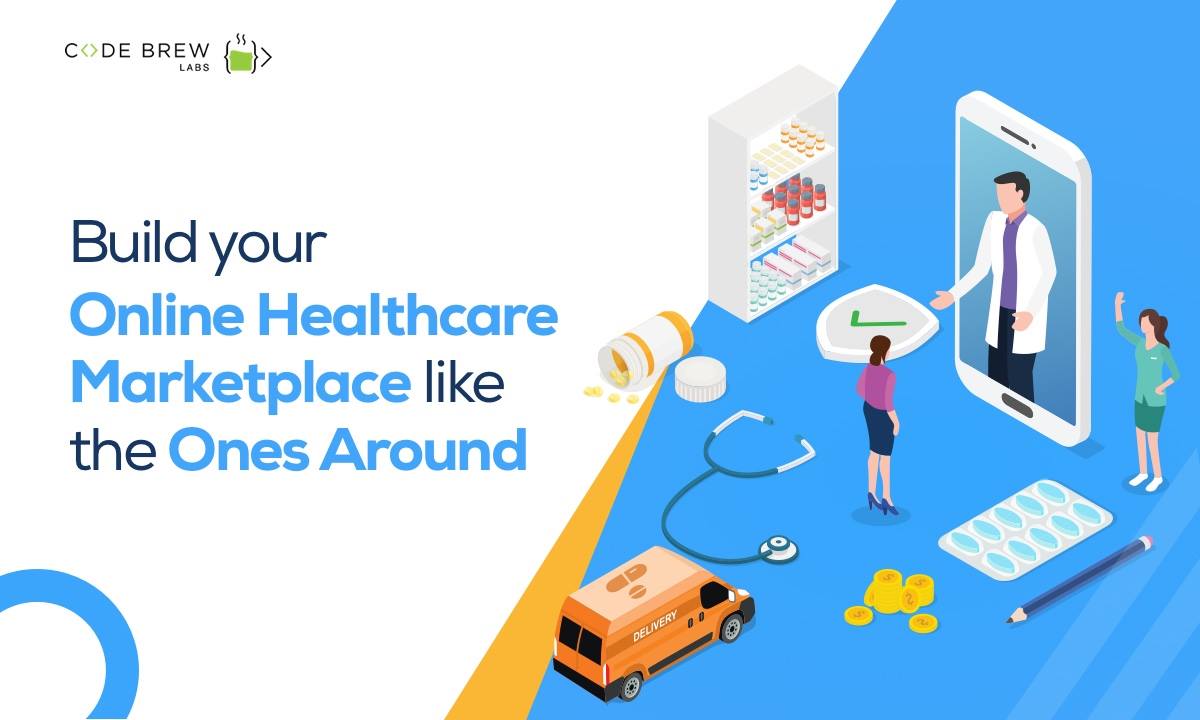Discover the Advantages of Subscription Based Healthcare for Affordable Medical Care
Discover the Advantages of Subscription Based Healthcare for Affordable Medical Care
Blog Article
The Increase of Subscription-Based Medical Care and Its Effect On Individual Treatment
As healthcare develops, the subscription-based model is gaining traction, guaranteeing to change client care by using predictability and ease of access. The capacity for these models to improve health care shipment elevates pushing concerns regarding their lasting sustainability and inclusivity. Are these membership services the future of health care, or do they run the risk of leaving susceptible populaces behind?
Recognizing Membership Health Care Models
Understanding the concept of membership healthcare versions involves taking a look at a transformative method to clinical services that stresses cost and accessibility. These versions, typically referred to as straight key treatment (DPC) or concierge medication, have arised as cutting-edge options to standard fee-for-service healthcare systems. Subscription medical care enables clients to pay a set regular monthly or yearly charge for a defined set of clinical services, which may consist of limitless workplace visits, regular check-ups, and basic lab tests, without the demand for typical insurance payment.
The framework of membership medical care models is made to simplify client treatment by getting rid of third-party payers and complex payment codes, thus minimizing management worries. Health care service providers can concentrate extra on person treatment, cultivating stronger patient-provider relationships. This model also advertises preventative care by motivating regular check outs, as the monetary challenge of per-visit costs is eliminated.
The subscription model often empowers health care companies to handle smaller sized individual panels, allowing for even more individualized care. It lines up economic rewards with individual health and wellness end results, as service providers are encouraged to preserve individual satisfaction and wellness. Generally, understanding membership health care versions needs identifying their potential to improve exactly how treatment is delivered and accessed.
Benefits for Patients and Service Providers

For service providers, subscription-based models use the possibility to strengthen patient-provider partnerships. With a consistent profits stream, healthcare specialists can devote even more time to every individual, causing a much more customized and thorough treatment experience. This design also decreases dependence above client quantities, relieving burnout and boosting work satisfaction. Moreover, the emphasis on preventive care within registration plans can cause better individual results and decreased lasting health care prices. By concentrating on continual care, companies can deal with problems prior to they escalate, eventually profiting the health care system all at once by lowering the worry on emergency and acute treatment solutions.
Worries and obstacles
While subscription-based health care models existing countless advantages, they additionally come with a collection of obstacles and issues that need to be dealt with. Initially, accessibility stays a significant concern, as these designs often target people who can manage monthly fees, potentially excluding low-income populaces. This raises moral inquiries concerning fair access to health care services. In addition, the diverse nature of subscription strategies can result in confusion amongst clients pertaining to insurance coverage specifics, possibly causing unmet assumptions or insufficient care.
Financial sustainability of subscription-based designs is an additional worry. Companies should stabilize the fixed revenue from subscriptions with the variable costs of healthcare services, which may change as a result of unforeseen clinical demands. This can produce pressure to restrict services or rise fees, potentially influencing individual complete satisfaction and care top quality.
Additionally, regulatory oversight of subscription-based health care versions is still developing. The lack of standard frameworks can bring about irregular solution quality and responsibility, making complex initiatives to guarantee individual defense. Lastly, the combination of innovation-- frequently a cornerstone of these versions-- raises concerns regarding data personal privacy and protection, as delicate person info can be susceptible to violations. Attending to these challenges is essential for the equitable and successful application of subscription-based medical care.
Influence On Patient-Doctor Relationships
One considerable effect of subscription-based healthcare designs on patient-doctor partnerships is the potential for boosted continuity and customized care. By embracing a registration design, physicians can manage a smaller sized client panel, permitting more dedicated time with each individual. This increased accessibility cultivates a deeper understanding of a person's case history, way of life, and preferences, making it possible for much more tailored treatment strategies and interventions.

However, it is very important to identify that while subscription-based designs may benefit those who can afford them, they could inadvertently broaden healthcare differences. Clients that are not able to take part in these models could experience decreased accessibility to customized treatment, potentially impacting their relationships with medical care service providers. Hence, while the subscription version offers encouraging advantages for patient-doctor relationships, it additionally presents challenges that need to be resolved to guarantee fair healthcare gain access to.
Future of Medical Care Access

The duty of technology can not be overlooked in this improvement. Telemedicine systems and digital health records assist in seamless interaction in between individuals and health care service providers, damaging down geographical and logistical barriers. Furthermore, innovations in expert system and data analytics can better customize treatment by forecasting person requirements and enhancing therapy plans.
Nonetheless, the future of medical care access additionally offers difficulties, such as making certain equity across various socio-economic groups. company website Policymakers and health care carriers must collaborate to bridge the electronic divide, making sure that subscription-based models remain budget friendly and inclusive. As these systems mature, they hold the assurance of making healthcare a lot more easily accessible, reliable, and patient-centric.
Final Thought
Subscription-based healthcare versions are improving client treatment by supplying a secure expense framework and boosting access. The rise of subscription-based medical care urges aggressive person involvement, which has the possible to boost person outcomes and contentment, indicating a transformative shift in medical care delivery.
As medical care progresses, the subscription-based model is obtaining traction, guaranteeing to revolutionize individual treatment by providing predictability and accessibility.Subscription-based healthcare models use unique advantages for both carriers and individuals, boosting the total medical care experience.As health care systems develop, the future of healthcare access frequently pivots on the integration of cutting-edge versions and modern technologies.Subscription-based medical care models are improving person treatment by providing a steady cost framework and boosting availability. The rise of subscription-based health care urges positive client engagement, which has the possible to boost client results and complete satisfaction, indicating a transformative change in helpful hints health care delivery.
Report this page